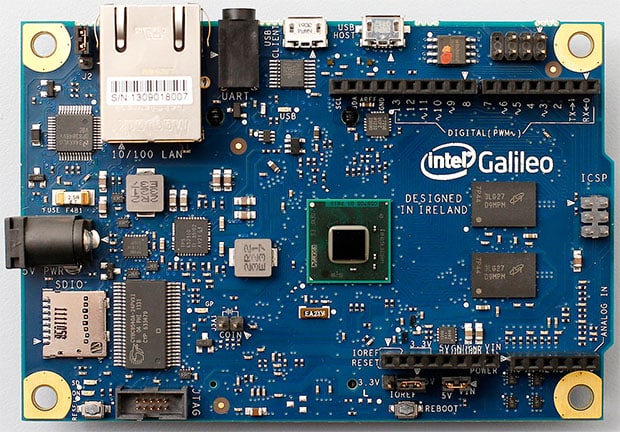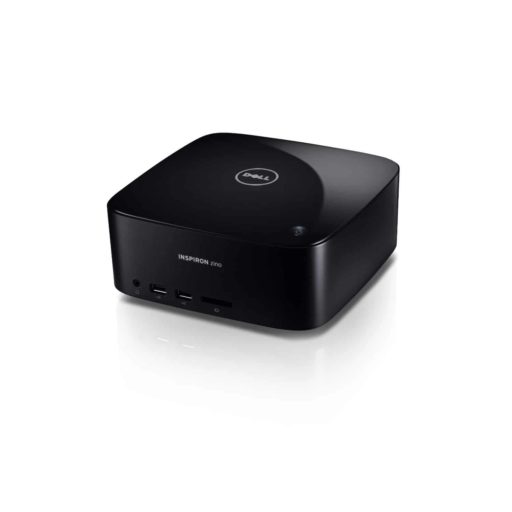Last year, Intel unveiled Galileo, an open-source, uncased computer that costs little. This year, the company has readied Galileo 2.0 which the company will start to ship this summer.
Raspberry Pi has really popularized mini-computers. The best thing about mini-computers is that when someone needs to create a prototype or make use of a really small computer to create a smart gadget, they come in handy. So while Raspberry Pi is no longer in production, Intel has picked the torch.
Galileo 2.0 will be ideal for use in a number of projects, including attempts for creating wearable devices and smaller robots. Moreover, it is compatible with Arduino which is a popular package of hardware and software to create applications and electronics.
Galileo is based on x86 Quark processor which enables it to consume significantly less power and packs extra features such as a secure boot. Galileo was launched with Linux as its operating system and so far, the same is expected for Galileo 2.0. Although Intel says that it will be shipping out the Galileo 2.0 units sometime during this summer, the company hasn’t yet provided a definite date.
The original Galileo packed a 400MHz Quark processor together with 512 KB of embedded RAM and 16 KB of cache. Following in the footsteps of Raspberry Pi, it came with all the necessary slots and ports such as ones for USB, ethernet, mini-PCI express and micro-SD. It came with a price tag of $70.
Galileo 2.0 is expected to come with better specifications and an even lower power consumption. The price tag may remain the same and we fervently wish that this 2.0 version is made more widely available, especially in regions where expensive computing is not viable and such affordable computer boards may really bring a tech revolution of sorts.
Courtesy: PCWorld
[ttjad keyword=”htc-phones”]


